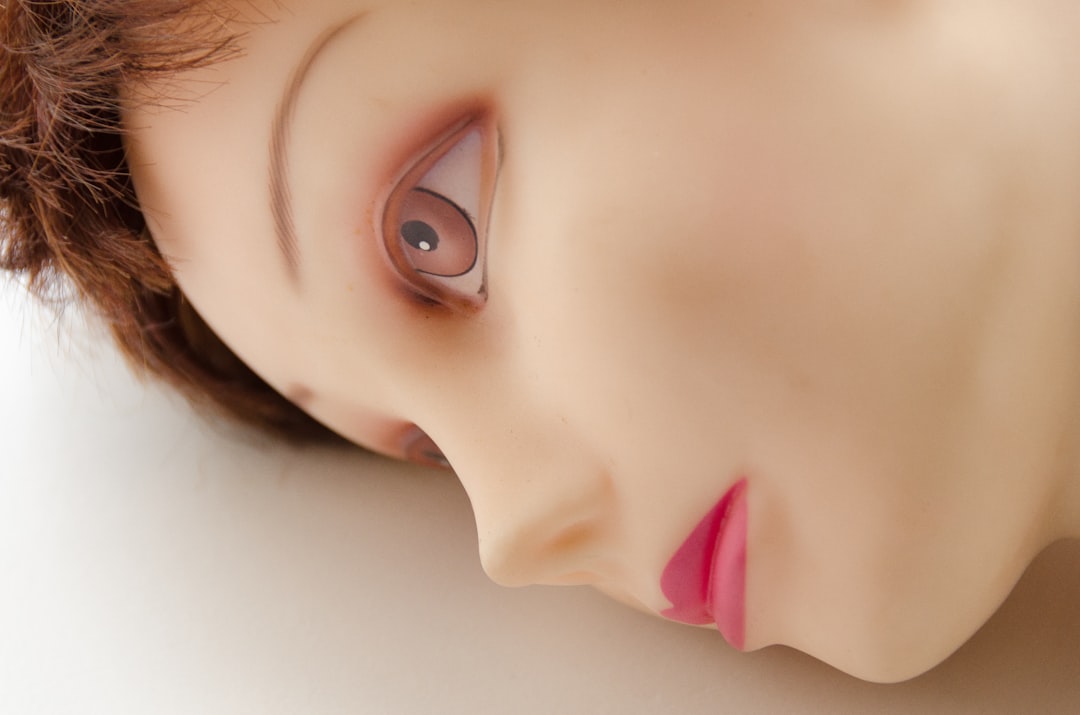
Whether your locus of control scores higher on the internal or external rating differs based on how much agency you believe you directly have for your life.
Women consistently score higher on having a high external locus on control. It makes sense, nature is thrusted upon you without much choice of your own. Even if you are a transgender woman who experiences dysphoria, I could imagine it would feel like nature thrusted itself on to you, too. Up until the 1980s in America, perhaps even the 1990s, women were bounded by the restrictions of society/their families.
In comparison: Men seek to thrust themselves on to nature.
There’s also a few studies that suggest Black Americans have a high external locus of control — I would chalk this up to religion, generational trauma and a legacy of systemic oppression. Again, if you only got agency in the legal realm a generation or so ago it’s pretty hard to realize the power you now have.
What’s important in all of this is realizing that in spite of whatever issues outside of our control, we have some control over our lives. Perhaps quite more than we believe we do. I recognize that this concept is difficult to come to terms with. It may even seem disconnected. Yet - We should shift our framework of recognizing our own power and agency rather than helplessness as the compassionate perspective.
So what I’m struggling with now is my own internal locus of control. Being a victim is gratifying in the short term. It’s easy. It’s simple to resign yourself to the traumas of the past or some oppressive “other” than to take the uncomfortable consistent steps it requires to be where you need to be. In the long term, it’s devastating.


